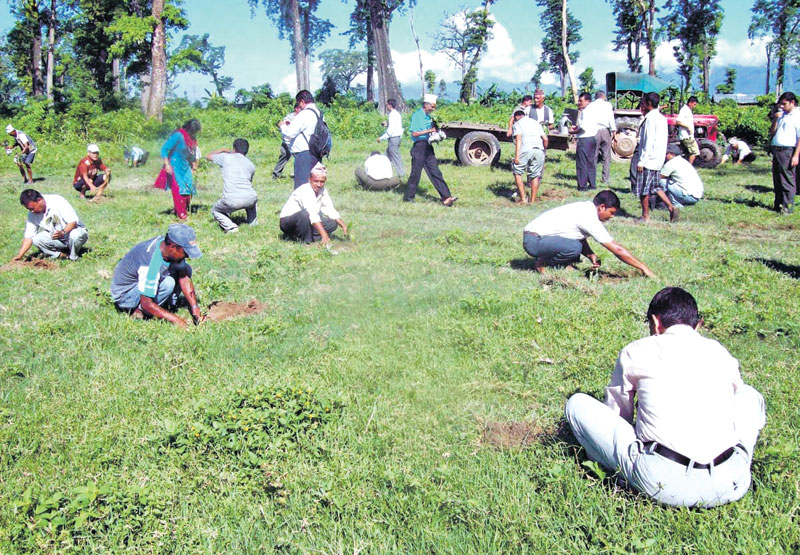Cyber ethics and crime
Apropos of the news story “Cops hard put tackling cyber crimes” (THT, July 13, Page 3), cyber crime has been a
nerve-wracking issue throughout the world.
Repeated reports related to cyber crimes in the media show we are not far away from the adverse effects of it either. It is high time we took the issue seriously. It is reported in the media only when the issue goes to extremity. However, there are thousands of such cases unreported. Only laws and the security agencies can never control and punish the wrongdoers.
Everybody does have a part to play to discourage cyber crime. Why have we been the victims of it? We all are obsessed with the
social networking sites like Facebook and Twitter that give temptation to do the things not acceptable in society. Though the social networking sites are important to get connected with people, they also help in studies and researches and sometimes bring people together for some political causes, they also pose threats to personal security and dignity and give rise to sexual
harassment when these sites are misused. Guardians, stakeholders, and even the users should play their part to monitor and use the networking sites or social media appropriately only for personality development. The best way to discourage cyber crimes is to educate the users about the cyber-ethics and its usefulness in education and better connectivity.
Som Nath Ghimire, Kawasoti
How many trees have you planted so far in your lifetime? If you have planted one or two, do more, if none, you must. Planting and ensuring the survival of 30,000 (12,000 hectares) of mangrove trees in Vietnam costs $1m but saved $7m a year in maintenance costs for the country’s dykes according to report by UNEP. Apart from monetary value, let’s not forget the wide range of services like natural, social, psychological, ecological and economical that forests perform — the medicines they contain, food they supply, water they clean and retain, climate they regulate, soil they enrich, carbon they entrap, oxygen they emit, species of flora and fauna they conserve. “Tree plantation started” (THT, July 15, Page 5) is good news to be learnt. Wangari Maathai and her Green Belt Movement has planted over 45 million trees across Kenya since 1997.
Astonishingly, even soldiers of Kenya, who are trained to protect the territory from outside invasion under the leadership of General Jeremiah Kianga, began a campaign to protect seedlings, plant trees in their barracks as well as inside national forests. Their activities and rippling effects they have produced are having a positive impact on entire Africa. Back home, what are we doing and planning to do? No weapons can counteract the escalating environmental threat to humanity. Change in the
mindset can. Mind it, the best time to plant a tree was 20 years ago, the second best time is right now.
Jay Bahadur Shah, Jajarkot






